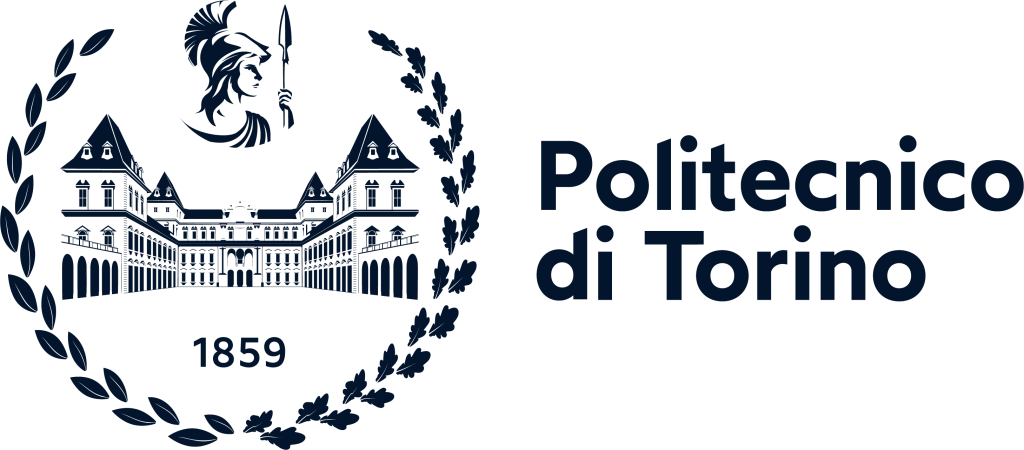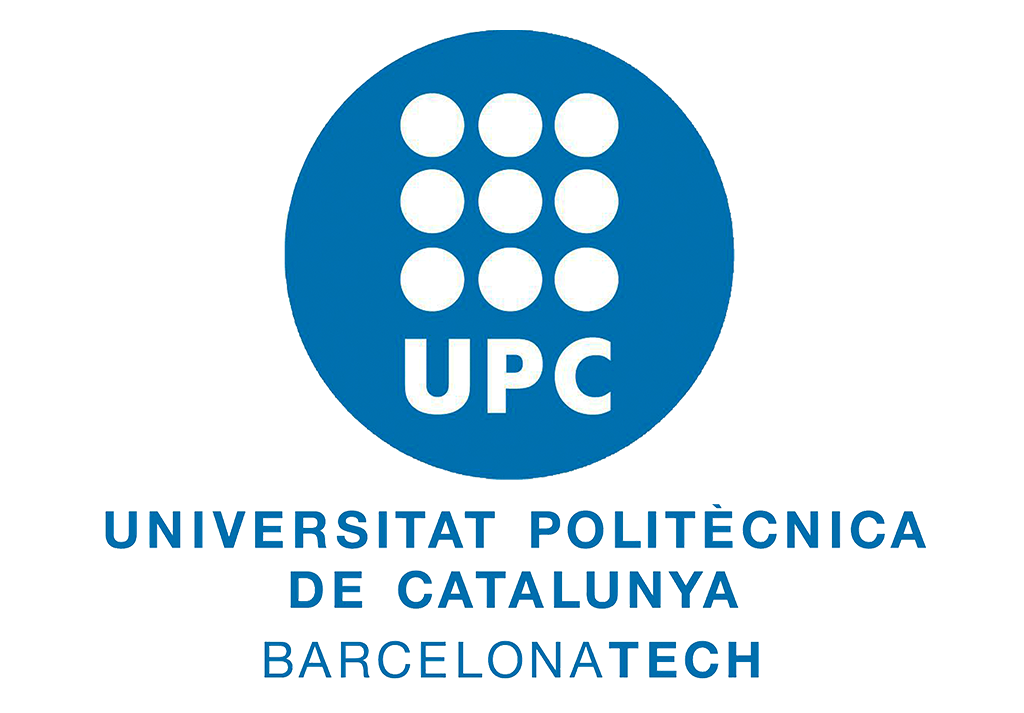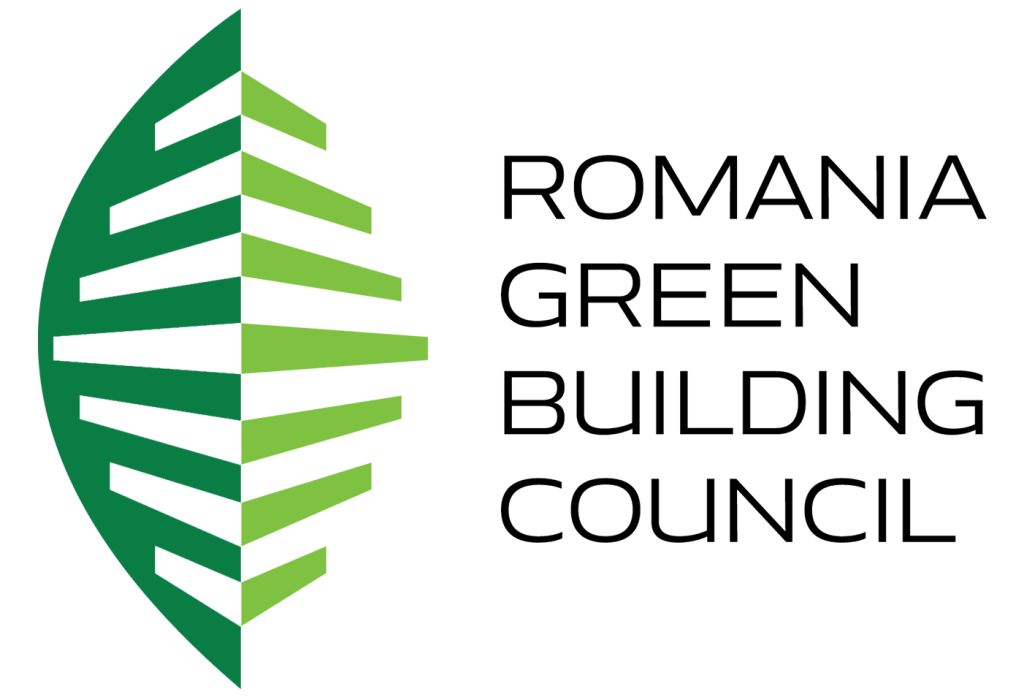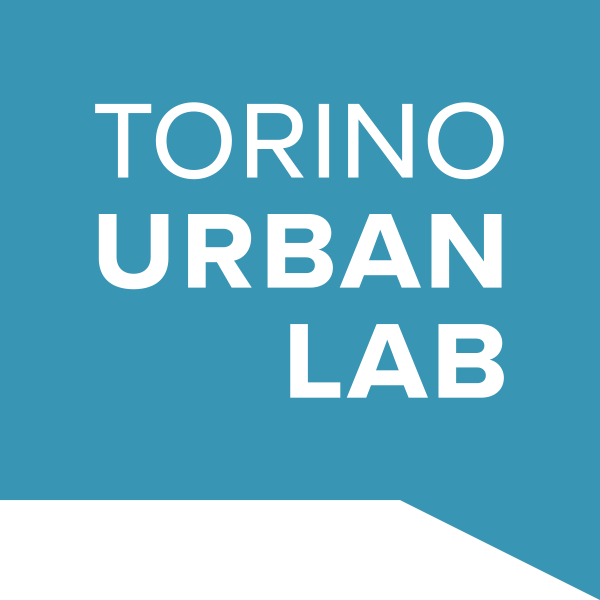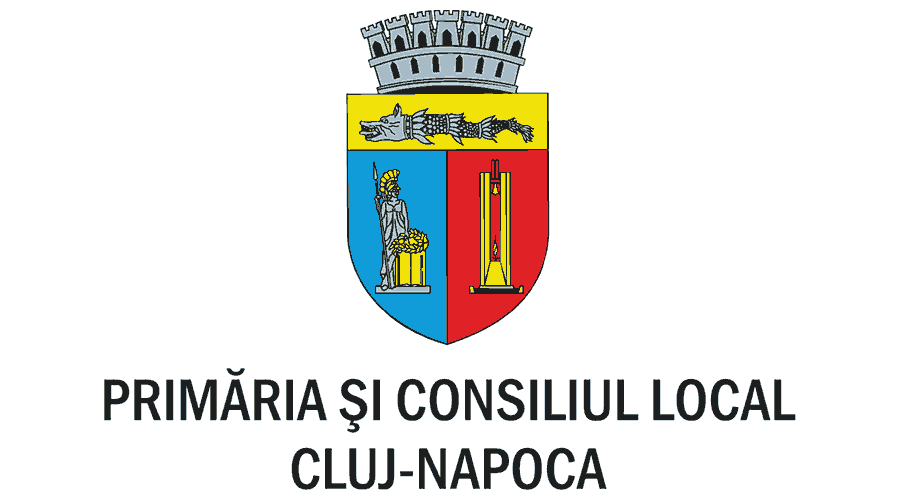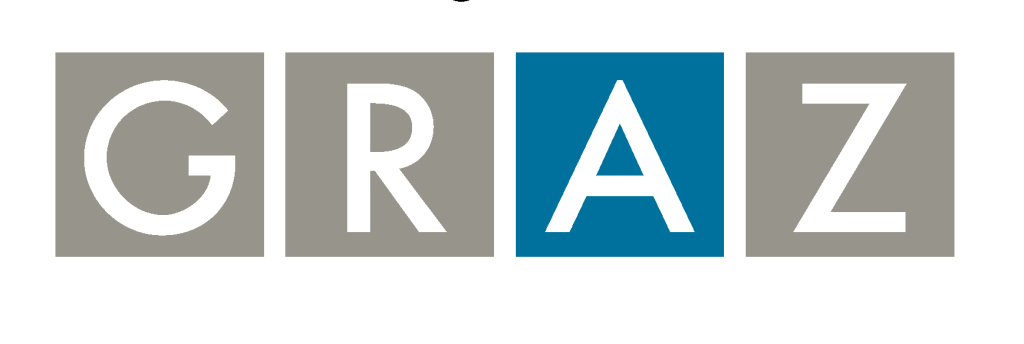Educational campuses as the drivers for Positive Energy Districts
Urban regeneration
Develop spatial strategies for PED refurbishment using urban form analysis.
Climate adaptation measures
Improve comfort and resilience to extreme temperatures in PEDs.
Smart renewable energy systems
Integrate flexible, local RES and multi-commodity grids at district scale.
Deep energy retrofitting
Reduce heating and cooling demand through holistic building renovation.
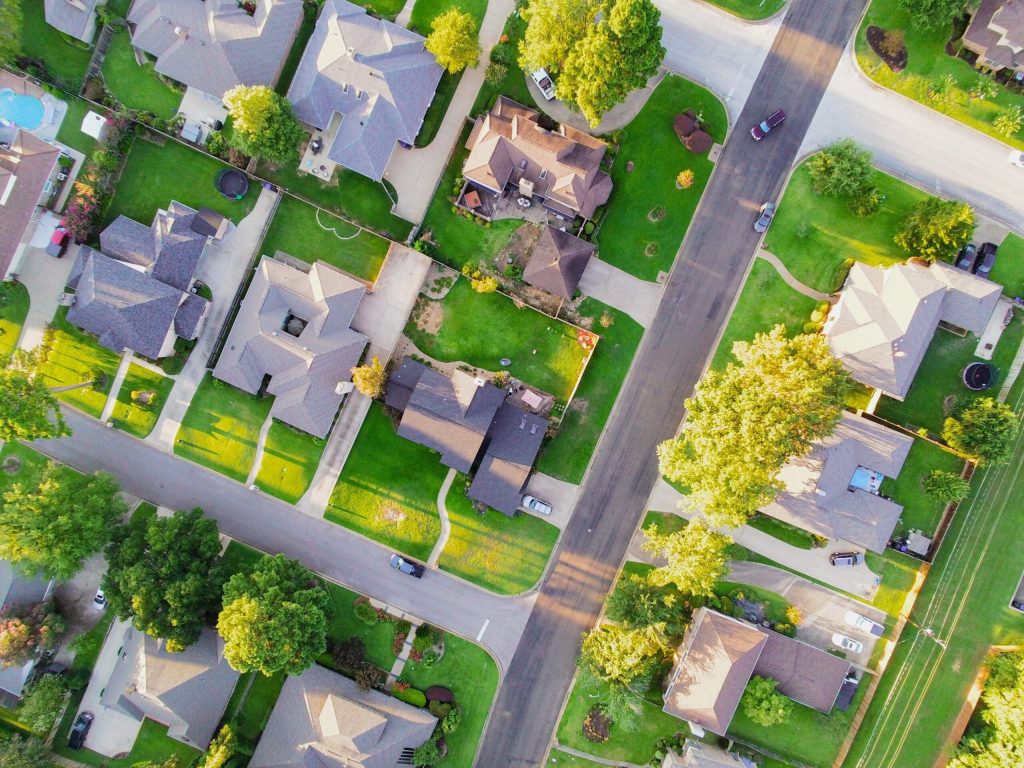
We are accelerating Positive Energy District transition through educational campuses.
What does eduPED stand for?
eduPED (2024–2027) is a European research and innovation project that accelerates the transition to Positive Energy Districts (PEDs) by rethinking how university campuses and their surrounding urban areas are designed, refurbished, and governed.
The project uses a systemic, research-oriented approach grounded in urban morphology, combining technical innovation with inclusive co-creation processes. Educational institutions, due to their sizeable public assets, knowledge capacity, and stakeholder connectivity, are positioned as the main orchestrators of PED transitions.
The project contributes directly to key EU priorities, including the Mission 100 Climate-Neutral and Smart Cities, the Renovation Wave, and the goals of the Strategic Energy Technology (SET) Plan. Through a combination of applied research, stakeholder co-creation, and transnational exchange, eduPED provides replicable frameworks for sustainable urban transformation.
eduPED in action
The project runs from December 2024 to December 2027 and is structured around 8 interconnected work packages:
Project Management (WP1)
PED Morphologies (WP2)
Studies how the shape of cities influences energy use and regeneration strategies.
Stakeholder Engagement (WP3)
Involves citizens, municipalities, and experts in shaping local PED plans.
Energy Refurbishment (WP4)
Develops retrofit and adaptation strategies for energy-efficient buildings.
Climate modelling for PED (WP5)
Simulates how districts respond to future climate scenarios.
RES production and smart flexibility solutions (WP6)
Develops retrofit and adaptation strategies for energy-efficient buildings.
Communication & Impact (WP7)
Support to the DUT Knowledge Hubs (WP8)
Provides strategic input to the DUT Knowledge Hubs and represents eduPED within the broader European PED community.
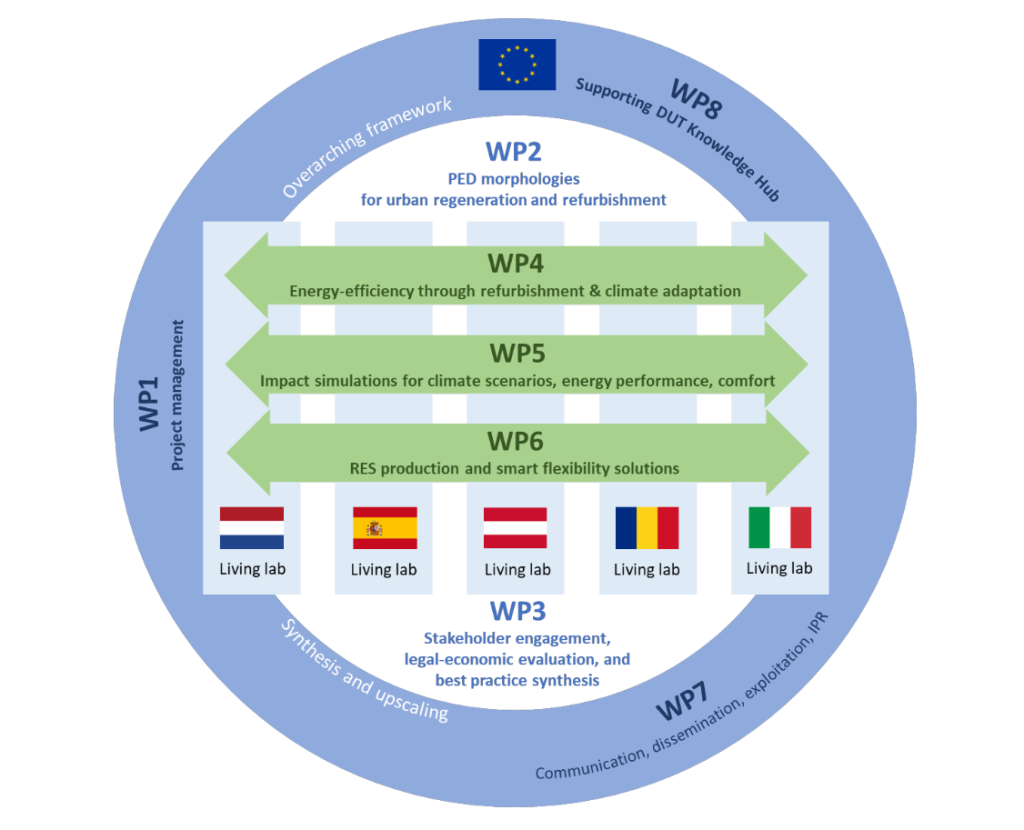
Milestones
1. Defined foundations
- PED morphology & stakeholder constellations
- Climate modelling
- First guidelines for PED refurbishment
- Legal & economic evaluation launched
- Energy simulation begins
2. Co-created solutions
- PED strategies tested in all living labs
- Smart energy, retrofitting, and flexibility solutions integrated
- Digital twin exploration underway
- Dissemination and stakeholder engagement in full swing
3. Finalized implementation
- PED transition strategies completed
- Impact simulations finalized
- Best practices and policy recommendations published
- Tools and insights ready for wider European uptake
Living Labs
The eduPED living labs are five urban districts anchored by university campuses in the Netherlands, Spain, Austria, Romania, and Italy.
They serve as testbeds for exploring how energy-efficient refurbishment, stakeholder collaboration, and urban morphology can support the transition to Positive Energy Districts.
Laak Quarter district
(THUAS, HAG)
The main campus of THUAS, located in the heart of The Hague and spanning over 91,000 m², was built in 1996 and is now undergoing a major mid-life refurbishment. Surrounded by public transport hubs, housing, shops, and offices, the campus is ideally positioned to lead the Positive Energy District transition in the Laak Quarter. The refurbishment is supported by the Dutch DuMaVa subsidy for sustainable public buildings.
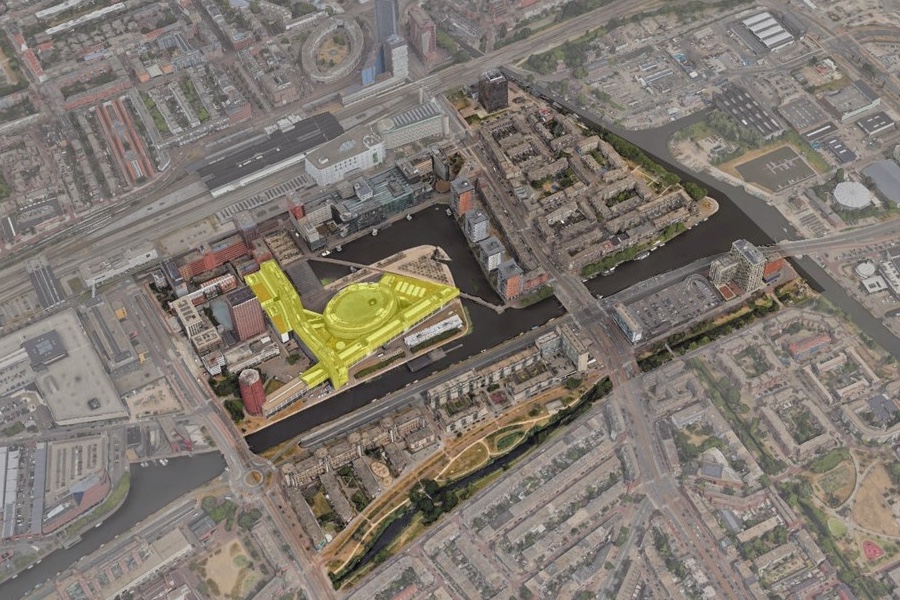
Vallparadís-Universitat district
(UPC,
TER)
The UPC campus in Terrassa brings together 14 buildings, built between 1904 and 2009, covering nearly 68,000 m². With a strong commitment to sustainability, UPC is transforming its spaces into Living Labs through the “Pla 2030” strategy, aiming for carbon neutrality by 2030.
Thanks to the SIRENA digital platform, the university can track and analyse energy data in real time, guiding smarter, greener decisions across its campus.
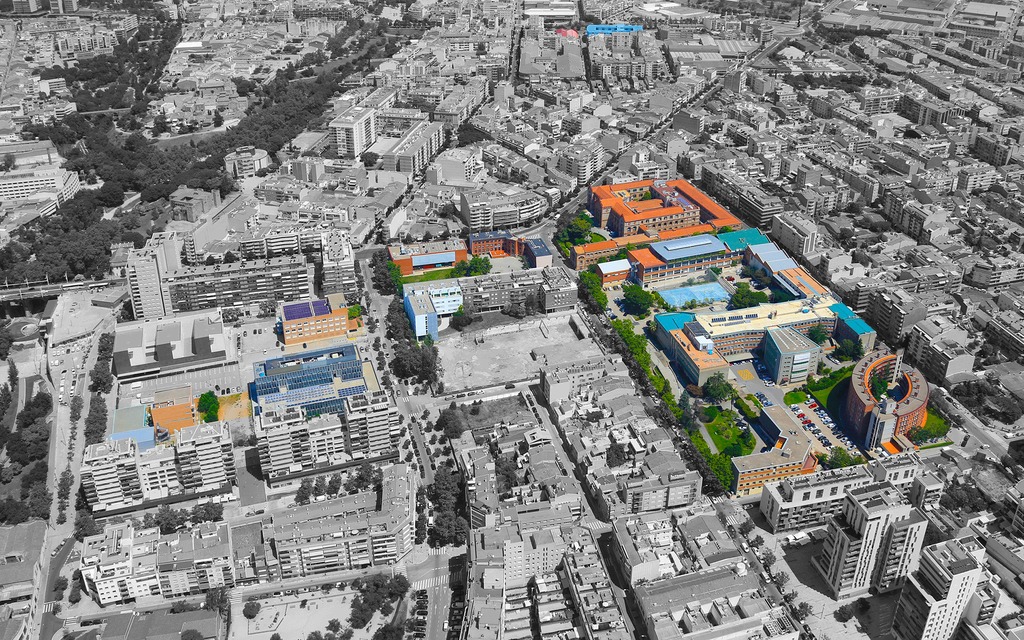
Jakomini district (TUG, DILT, GRAZ)
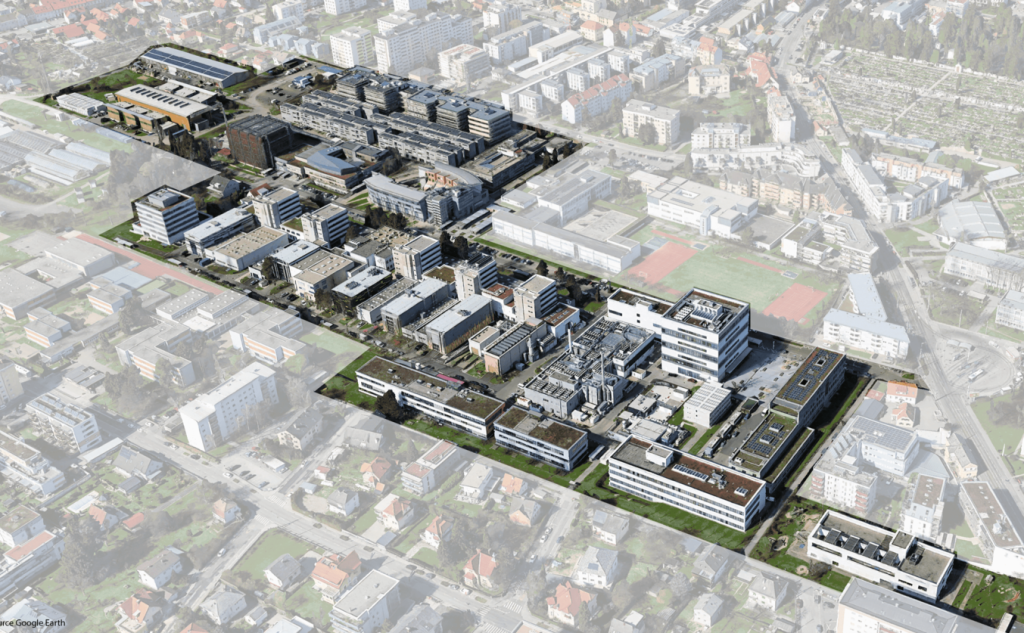
Marasti district (UTCN, RoGBC, CNM)
Built in 1980 and located near the city centre, the 28,300 m² UTCN and CNM campus is now on a clear path toward sustainability.
Guided by the 2022 – 2030 Strategic Plan for Sustainable Development, the campus is set to reduce energy use, lower its carbon footprint, and modernize its infrastructure. The recently adopted Action Plan for climate and sustainable energy will help upgrade building systems and boost the use of local renewable energy sources.
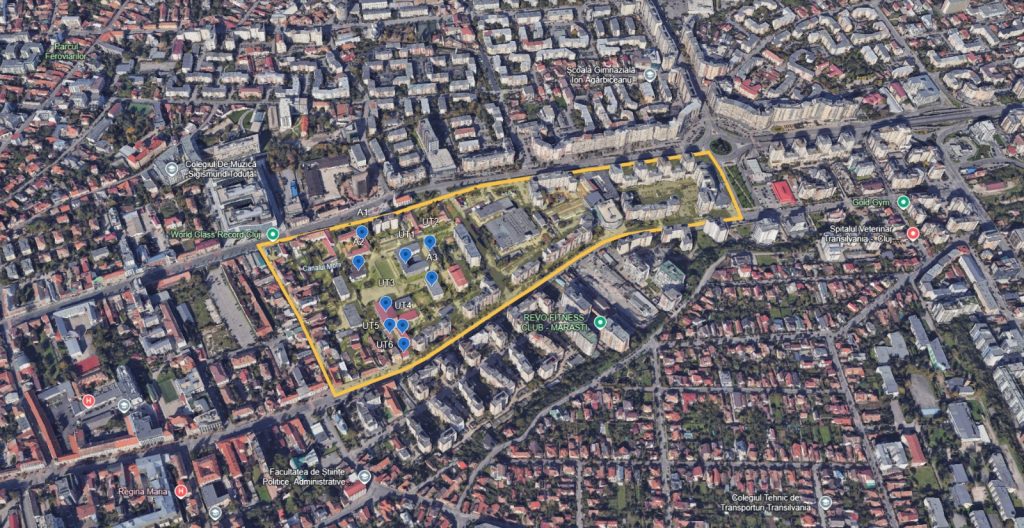
San Salvario district (POLITO, TUR)
Located in the heart of Turin’s Valentino Park along the Po River, the historic POLITO Architecture Campus “Asse del Po” brings together two landmark sites: the 17th-century Valentino Castle and the Torino Expo buildings from the 1930s and ’40s, covering nearly 40,000 m². Both are undergoing refurbishment and expansion, set for completion by 2027.
This living lab explores how to enhance the energy efficiency of heritage buildings while addressing the broader environmental and social dynamics of the district, including gentrification and urban renewal.
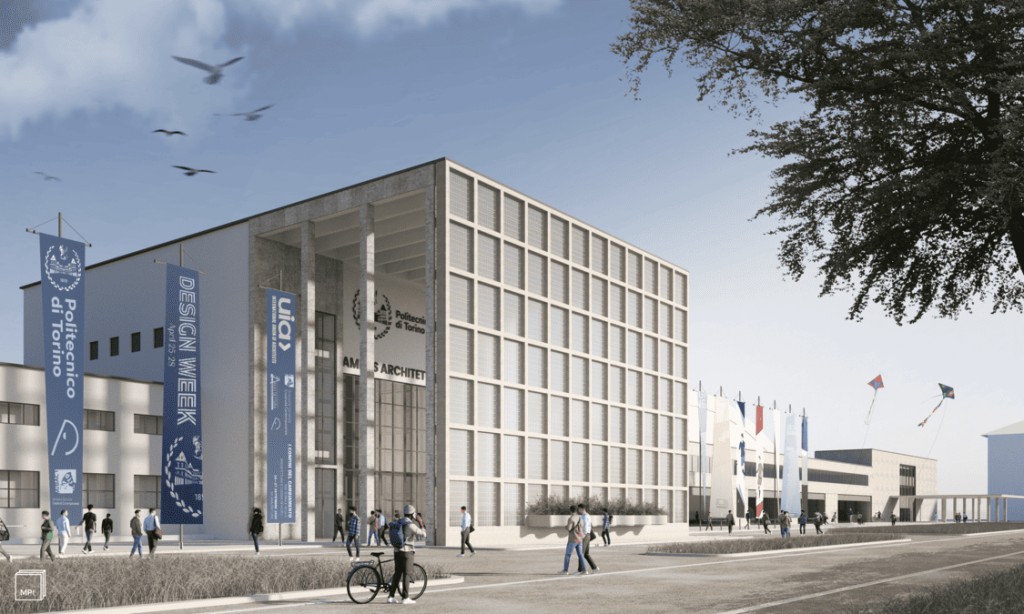
Research team & partners
eduPED unites leading universities, tech innovators, municipalities, and NGOs across Europe in a shared mission to accelerate the transition to PEDs.
Cooperation partners
News & Resources
Stay informed with news, insights, scientific publications, and resources shaping sustainable urban change through eduPED’s living labs and research.


